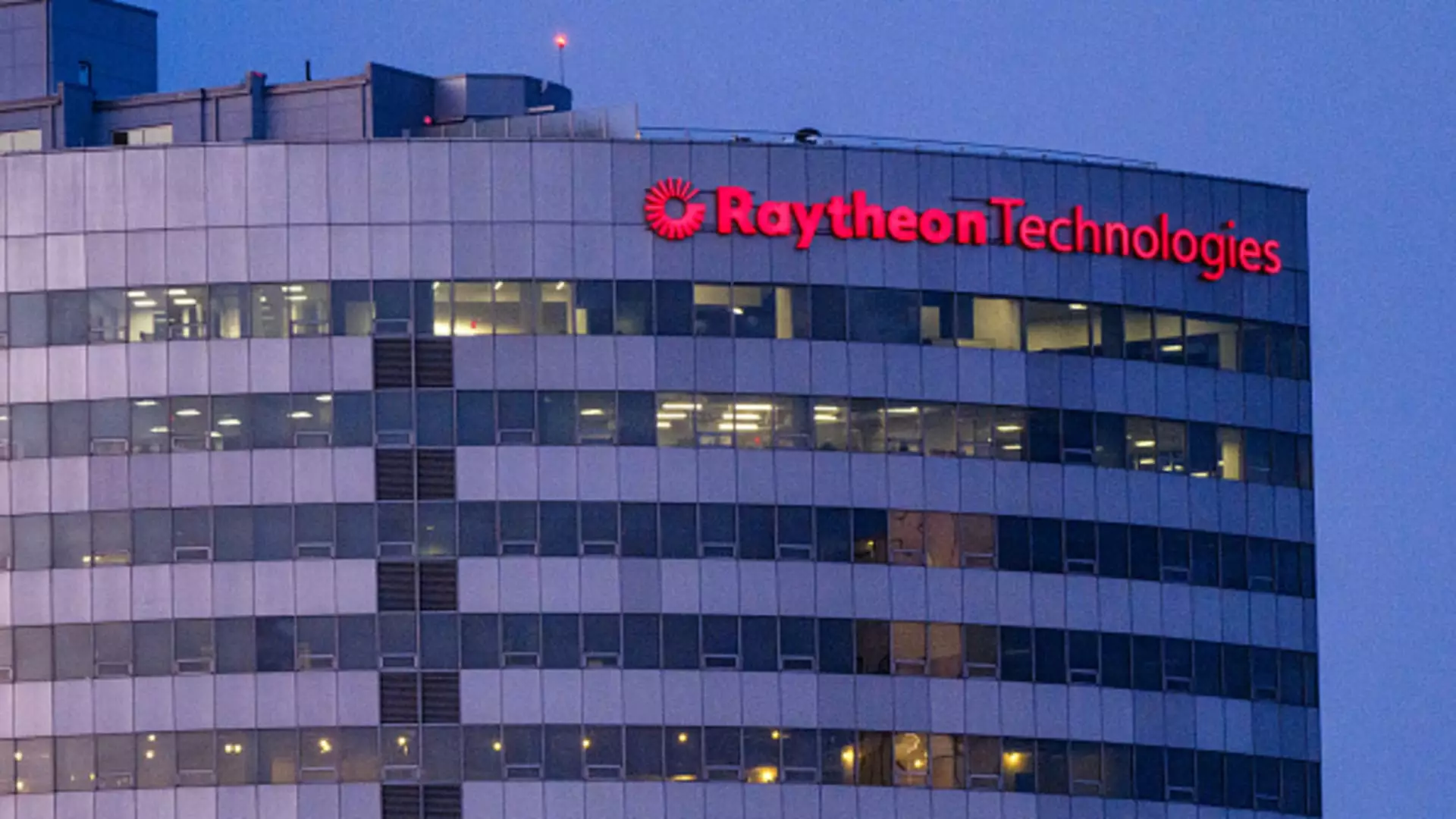The announcement of Raytheon’s extensive financial settlement with the U.S. Department of Justice (DOJ) and the Securities and Exchange Commission (SEC) has sent shockwaves through the defense contracting industry. The figure surpassing $950 million, alongside an additional $124 million payment for Foreign Corrupt Practices Act violations, underscores deep-seated issues regarding ethical compliance within major defense contractors, especially with regard to foreign operations. This situation compels an examination of both the implications for corporate governance and the broader context of accountability in government contracting.
Raytheon’s agreement to a substantial settlement stems from investigations revealing a pattern of unlawful behavior, including a scheme involving bribery of Qatari officials and fraudulent practices related to contracts for critical military systems. The DOJ’s characterization of these acts as corruption not only highlights the company’s failure to adhere to anti-bribery regulations but also raises questions about the adequacy of internal compliance systems at a corporation of such stature. Additionally, the deferred prosecution agreements in New York and Massachusetts signal that while immediate repercussions may be mitigated, the concern over the company’s future conduct remains critical.
The repercussions of these revelations extend beyond the balance sheet. Deputy Assistant Attorney General Kevin Driscoll’s remarks highlighting the erosion of public trust due to Raytheon’s actions point to the broader implications for governance in the defense sector. The reliance on defense contractors to provide essential military services requires an unwavering commitment to ethical practices; however, this incident introduces a possibility that public confidence in both the contractors and the U.S. government is diminished. The concern is not merely about financial violations; it encompasses a deterioration of trust critical to national security.
Legacy Matters and Corporate Responsibility
RTX’s acknowledgment that these legal issues relate to conduct prior to 2020 creates a nuanced narrative about legacy and accountability. While the company insists it is taking responsibility, the notion of rectifying past wrongs amid ongoing investigations reflects a challenging duality: how to reconcile historical misconduct with the imperative for honest governance in the future. Notably, the implementation of an independent monitor and enhanced compliance programs underscores a proactive step towards rebuilding integrity, though questions linger about the effectiveness of such measures in ensuring long-term cultural change.
Future Outlook and Ethical Governance in Defense Contracts
As Raytheon navigates these legal complexities, it becomes paramount for the defense contracting industry as a whole to reevaluate its ethical frameworks. This scandal offers a stark reminder that preventive compliance measures are critical to maintaining ethical standards and ensuring that similar issues do not arise. Moving forward, the need for stringent monitoring mechanisms and transparency in dealings with foreign entities has never been more crucial.
This settlement is not merely a financial consequence for Raytheon; it represents a pivotal moment challenging the ethical foundations of the defense industry. It serves as a wake-up call for other contractors to prioritize integrity and accountability in their operations, especially in foreign markets—ensuring that the future of defense contracting is anchored in ethical governance.



Leave a Reply